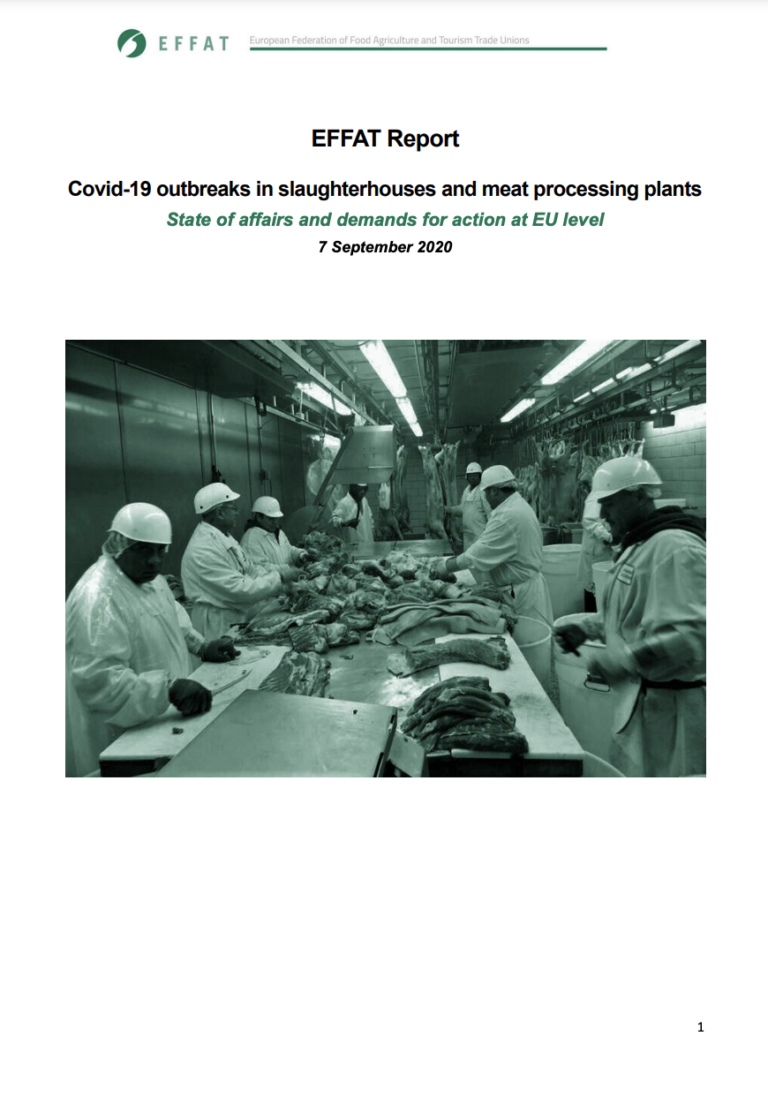COVID -19 Pandemic Trafficking in Persons considerations in internal displacement contexts
COVID-19 resourcesGuidanceTrafficking occurs before, during, and after crises. It may occur at any stage of displacement and in any location. Traffickers capitalize on the widespread human, material, social and economic losses and consequent vulnerabilities caused by emergen...Read More

